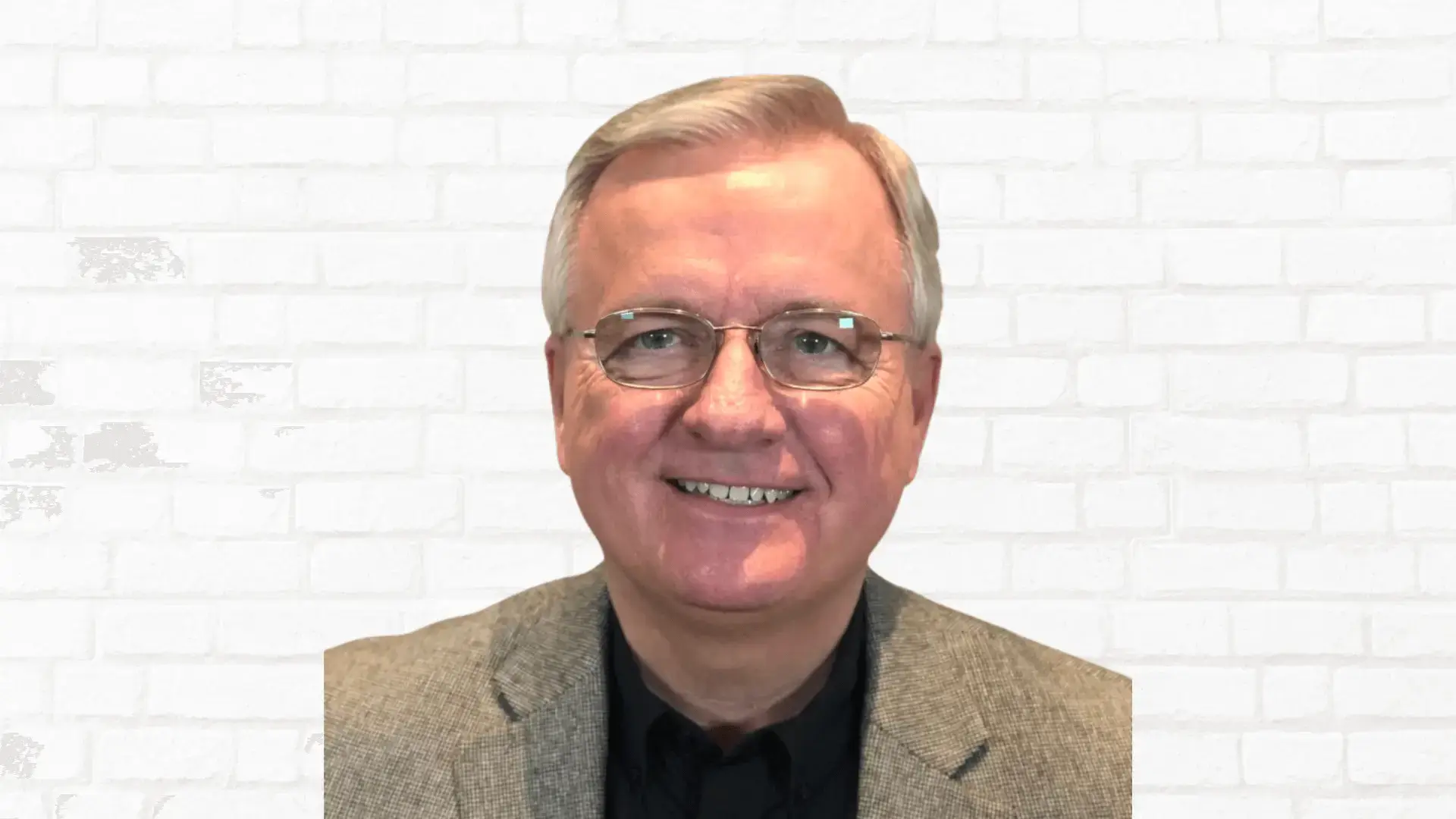Having grown up in Baptist churches, most might think that I would have known a lot about how Baptists fund their work. I am sure I had heard about the Cooperative Program before, but it wasn’t until I was a young man and sensed God’s call to vocational ministry that the Cooperative Program came into focus for me.
When I enrolled at a Baptist college and paid tuition at a reduced rate, how Southern Baptists fuel their work around the world suddenly became very important to me. That experience was repeated several times over when I was a student at a Southern Baptist seminary where I later earned two advanced degrees.
Without the help of churches across our convention as they gave faithfully to missions through the Cooperative Program, I would never have been able to attend school, much less graduate.
My appreciation of the Cooperative Program broadened as I experienced missions firsthand in trips that took me to several places around North America and eventually around the world.
When I distributed food to earthquake victims in Turkey, befriended refugees in Rome, painted the inside of a church building in Mexico and shared the Gospel with natives living in treehouses on a riverbank on a remote Indonesian island, the Cooperative Program paved the way making those experiences possible.
The armies of Southern Baptist missionaries, planting their lives in distant places that most of us will never get to visit, are there because of the Cooperative Program.
So what is the Cooperative Program? It is nothing more than a divinely revealed way of helping advance the Gospel of Jesus in our world.
Since 1925, Southern Baptists have voluntarily pooled their financial resources to enable local churches to cooperate better in fulfilling the charge of Christ to share His good news with the whole earth.
Most people who gather for worship on any given Sunday in a neighborhood church will never have the opportunity to visit a major U.S. city or a remote country on a mission trip. But they can give their tithes and offerings faithfully through their church, and a part of those funds can be sent to fuel mission work through the Cooperative Program.
Some might protest that they believe that our mission dollars should be used locally. Did you know that in our own dear state that Alabama Baptists use about 50 percent of Cooperative Program gifts within our borders?
The Alabama Baptist State Convention uses CP funds to help students obtain Christian higher education at one of our three colleges, help provide senior adult housing in one of our residential facilities and help nurture children who are displaced from their families.
Many of the funds assist in the ministries of local associations, help plant new churches throughout the state and provide relief to those in a natural disaster – and those are only a few of the ways that people are blessed locally through regular gifts through the Cooperative Program.
Several years ago, my wife and I knew it was time to make a better estate plan for the assets we would leave behind when we were gone. We contacted The Baptist Foundation of Alabama for help, which they gladly provided to enable us to honor God with our material assets.
First in our minds was how to continue our efforts to expand God’s Kingdom, even though we’d be in heaven. The Cooperative Program was the natural choice, so we drew up our wills to stipulate that ten percent of all we leave will be a designated gift to missions through the Cooperative Program.
The work of sharing Christ in Alabama, in North America and around the globe will continue long after we are gone to be with the Lord. And because we will use a charitable gift annuity, our family will receive no less in the process.
Once a woman asked me when our church was going to be able to eliminate the computer line item in our church budget. The funds were set aside each year to provide for computers, but mostly for ever-changing software and the technical expertise needed to help keep everything functioning well.
In her mind, the computer budget must have seemed like a car payment that would eventually end. The need for mission expansion around the world is a lot like that computer budget.
We will never need to stop funding missions because each generation needs to hear the Gospel. And, until Christ returns for His church, the Cooperative Program remains the single most effective and efficient way to collectively pool our resources to help people come to know Jesus. That is why I believe in the Cooperative Program!
Donald (Donnie) Payne is co-pastor of Forest Lake Baptist Church in Tuscaloosa. He serves as a trustee of the Alabama Baptist State Board of Missions.







 by
by